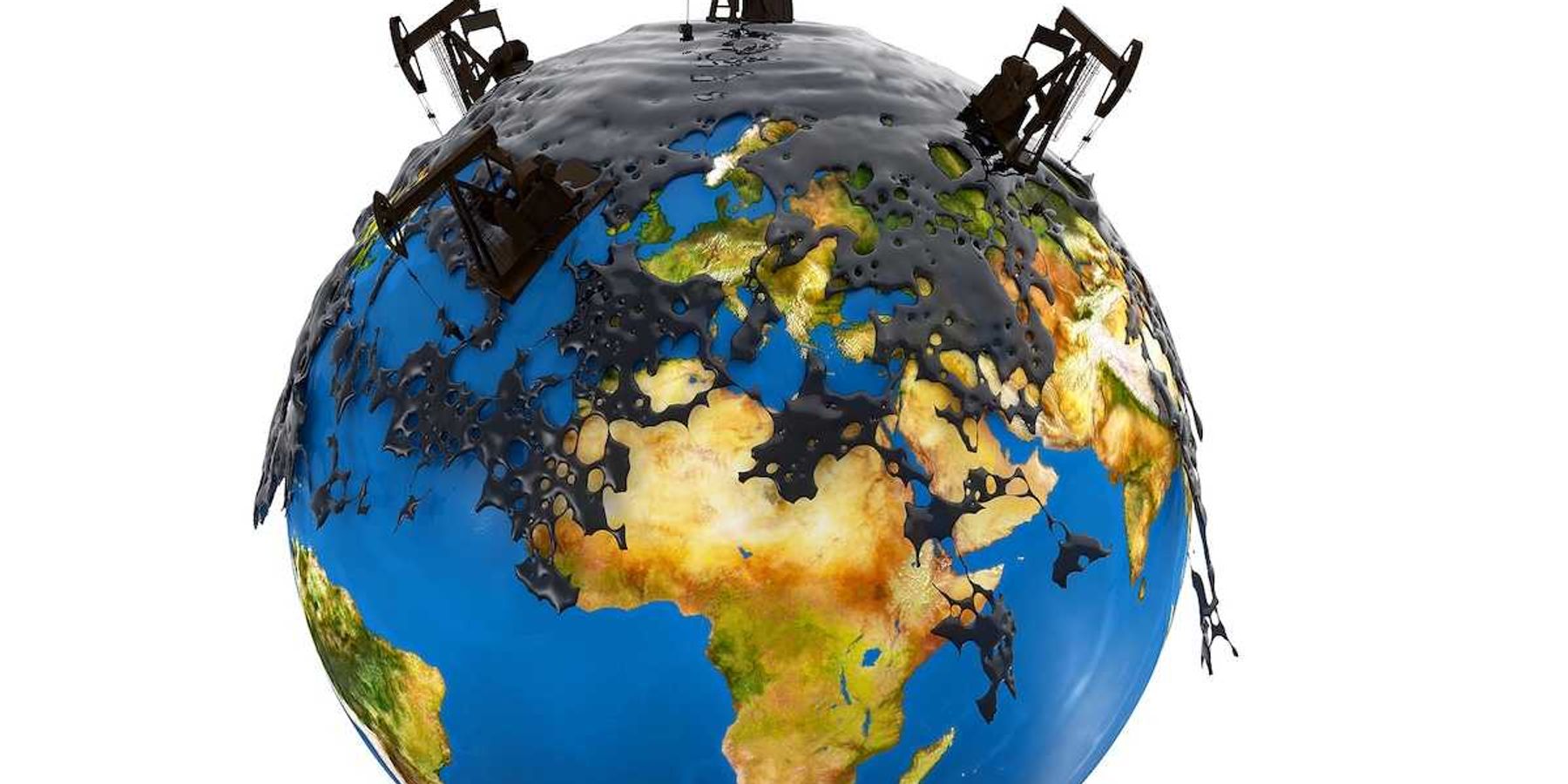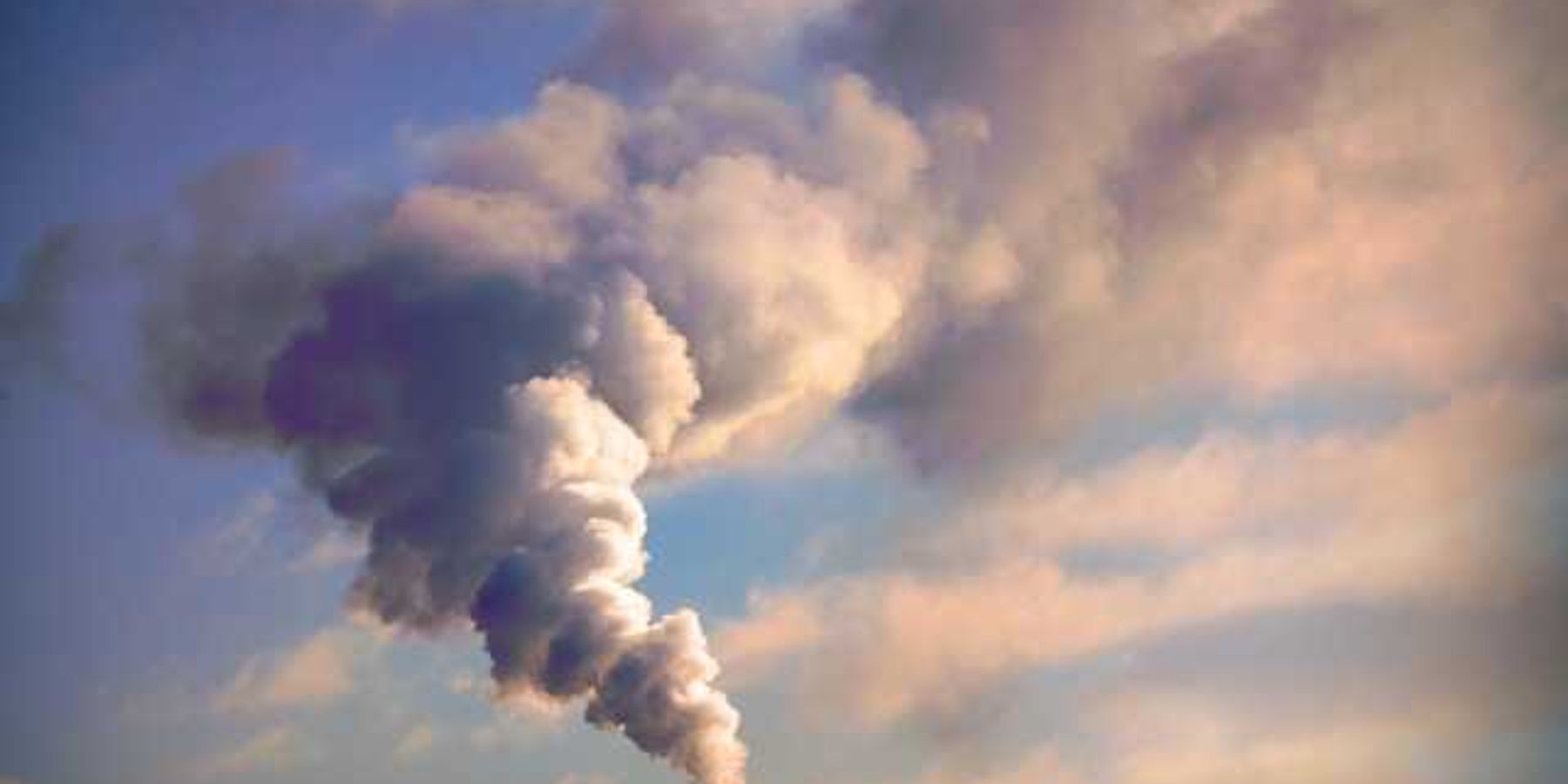Letter: A carbon tax can start us on a low-carbon path.
Uncertainty over climate impacts is no reason to shy from a modest incentive to break our fossil fuel addiction.
Letter: A carbon tax can start us on a low-carbon path
Photo by Douglas Fischer/DailyClimate.org
July 19, 2016
Uncertainty over climate impacts is no reason to shy from a modest incentive to break our fossil fuel addiction.
Re: To Tax or Not To Tax (July 18, 2016)
Follow @thedailyclimate
To the Editor:
I'm amazed that you would distribute such an anti-science article opposing even the mildest of approaches to dealing with the climate problem.
Author Ruth Greenspan Bell—after admitting broad support among economists for the idea of a carbon tax—offers three objections to it: flawed models, downplayed risk and uncertainty.
We can estimate easily enough the amount of CO2 emission reduction for different tax levels.
None should stand in the way of a modest tax on carbon emissions.
Greenspan Bell notes that models attempt to estimate the least cost of damage to be incurred by climate change, and she concludes that such calculations are next to impossible to tally. I agree. The "externalities" of climate change are notoriously difficult to pin down. We can easily calculate increases in insurance rates, annual government disaster aid, etc., but such data make up a small fraction of overall environmental damages.
Tally solutions, not impacts
Yet these are not the relevant costs. The damage costs may help the political argument, but they are secondary. The costs that are needed are those addressing the task at hand: Curtailing greenhouse gas emissions, i.e. the costs of converting the world economy to renewable energy sources. These are costs for equipment and subsidies to get new industry going on the scale that is needed. All pretty standard accounting.
We can estimate easily enough the amount of CO2 emission reduction for different tax levels. In fact, that work has already been done: Citizens' Climate Lobby has crunched the numbers for a "fee and dividend" version of a tax scheme where the monies collected are returned to families. From that work we see that a reasonable tax is only the start of a bigger program bringing widespread benefits—the first step and a demonstration of political intent in a larger effort to reduce emissions, improve air quality and add jobs to the economy.
—Joel Olson
Moore, Okla.













